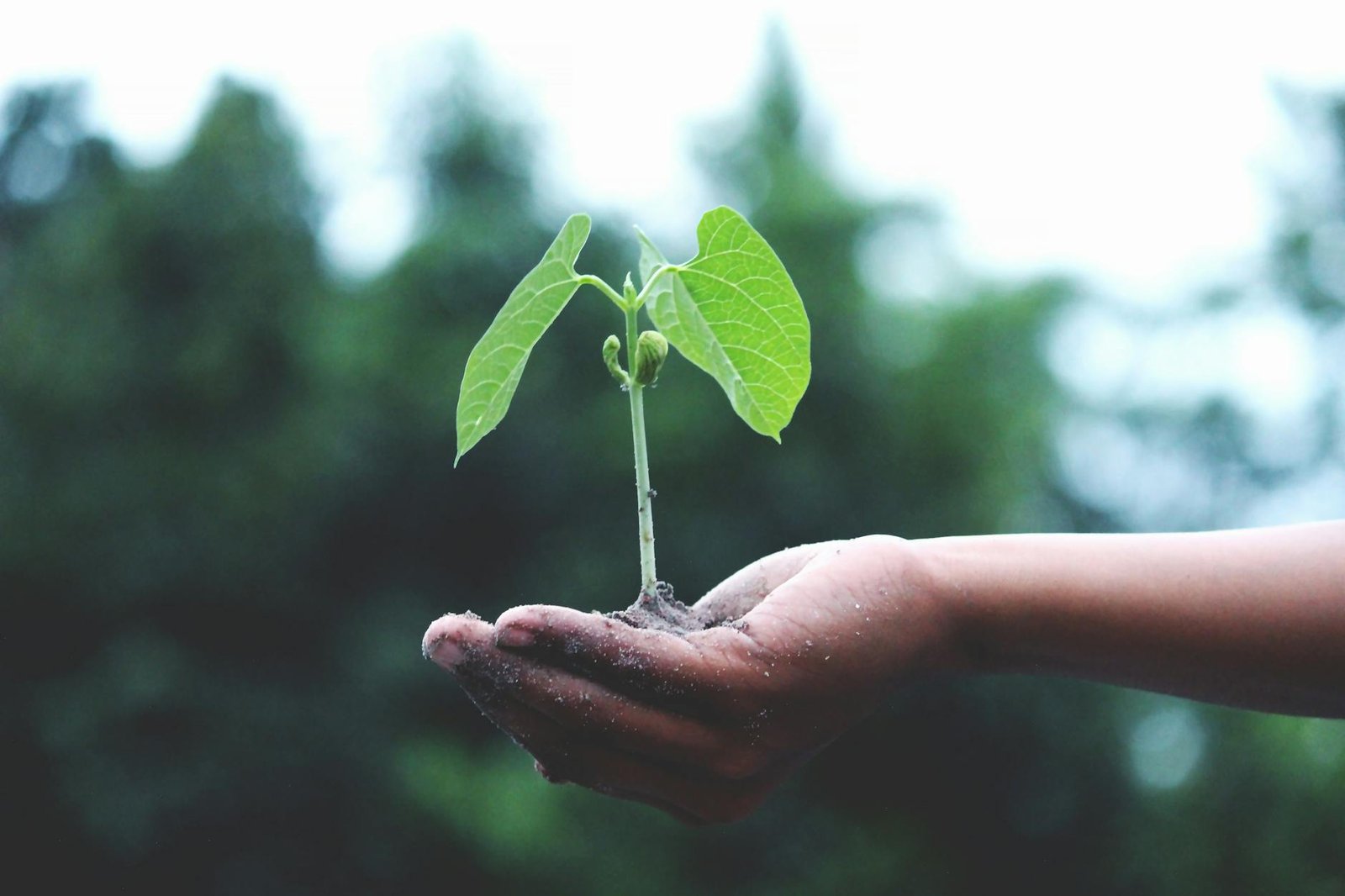From ancient fields to smart farms, agriculture remains the backbone of human civilization. As the global population surges and climate challenges intensify, how can farming evolve to feed the world sustainably? Dive into the dynamic landscape of modern agriculture and discover the innovations transforming this vital industry.
Introduction: Agriculture’s Enduring Importance
Agriculture is more than just growing crops or raising livestock; it is the foundation of societies, economies, and cultures worldwide. Over thousands of years, farming techniques have adapted to changing climates, technologies, and consumer demands. Today, agriculture faces unprecedented challenges including climate change, resource scarcity, and the need for increased productivity. Addressing these requires a balanced approach that honors tradition while embracing innovation.
Traditional Farming Practices: Roots of Sustainability
Traditional agriculture, practiced for millennia, relies on deep knowledge of local ecosystems and seasonal cycles. Techniques such as crop rotation, intercropping, and organic fertilization have sustained communities with minimal environmental impact. Indigenous farming methods often emphasize biodiversity and soil health, providing valuable lessons for sustainable food production today.
Technological Innovations Revolutionizing Agriculture
The 21st century has ushered in a wave of technological advancements that are reshaping how we farm:
- Precision Agriculture: Using GPS, drones, and sensors, farmers can monitor soil health, moisture levels, and pest activity in real time, optimizing resource use and minimizing waste.
- Automation and Robotics: Automated machinery and robotic harvesters increase efficiency and reduce labor shortages, especially in large-scale operations.
- Genetic Engineering and CRISPR: Advances in crop genetics enable the development of strains resistant to drought, pests, and disease, improving yields and food security.
- Vertical and Urban Farming: Innovative indoor farming solutions use controlled environments and hydroponics to grow food closer to urban centers, reducing transportation emissions and land use.
Sustainability and Climate Resilience in Agriculture
As climate change threatens global food systems, sustainable agriculture practices are critical. Strategies include:
- Implementing agroforestry to enhance carbon sequestration and diversify crops.
- Adopting water-efficient irrigation methods like drip irrigation and rainwater harvesting.
- Promoting soil conservation techniques to prevent erosion and maintain fertility.
- Supporting regenerative agriculture that restores ecosystems and boosts biodiversity.
Government policies, international cooperation, and farmer education play pivotal roles in scaling these practices worldwide.
Challenges Facing Modern Agriculture
Despite progress, agriculture confronts significant hurdles:
- Resource Limitations: Water scarcity and soil degradation threaten productivity in many regions.
- Labor Shortages: Younger generations often migrate to cities, leaving rural farms understaffed.
- Market Volatility: Fluctuating commodity prices and trade disruptions impact farmer incomes.
- Environmental Impact: Overuse of fertilizers and pesticides can harm ecosystems and human health.
Addressing these challenges requires integrated approaches combining technology, policy, and community engagement.
The Role of Consumers in Shaping Agriculture’s Future
Consumers wield significant influence over agricultural trends through their choices. Demand for organic, locally sourced, and ethically produced food is encouraging farmers to adopt sustainable practices. Additionally, awareness around food waste and nutrition is prompting innovations in supply chains and farming methods. Supporting farmers who prioritize environmental stewardship and social responsibility helps build resilient food systems.
Conclusion: Cultivating a Sustainable Tomorrow
Agriculture stands at a crossroads where tradition meets technology, and sustainability becomes a necessity. Embracing innovation while respecting ecological boundaries can ensure food security for future generations. As stakeholders—from farmers and scientists to consumers and policymakers—collaborate, the future of agriculture looks promising and inclusive.
Key Takeaways:
- Integrating traditional knowledge with modern tech drives sustainable farming.
- Climate-resilient practices are essential to protect crops and livelihoods.
- Consumer choices can accelerate the adoption of responsible agriculture.
- Collaboration across sectors is vital for overcoming challenges.
Get Involved: Support local farmers, reduce food waste, and stay informed about innovative agricultural developments. Together, we can cultivate a healthier planet and nourish communities worldwide.




